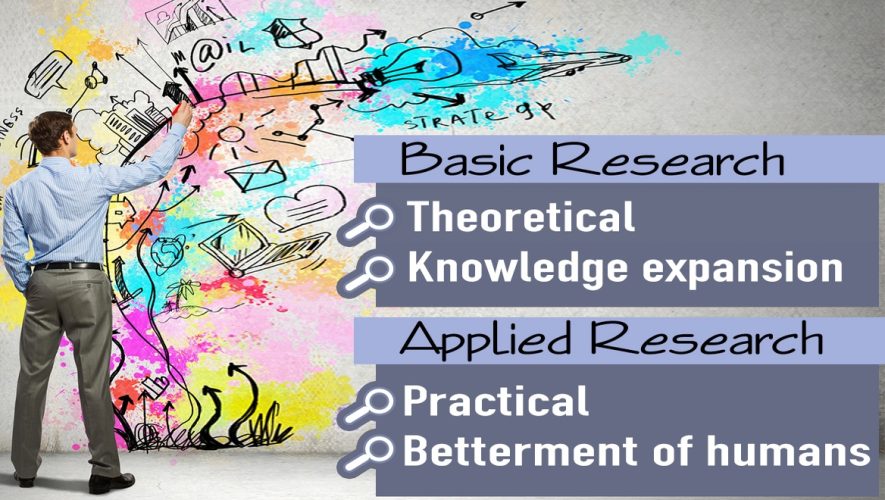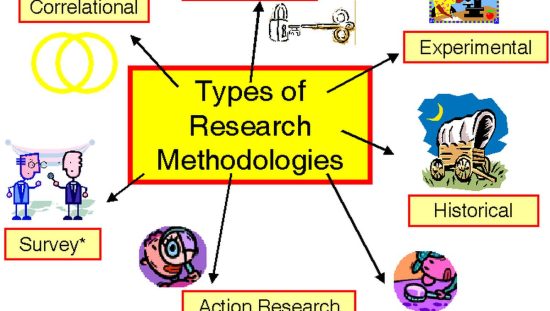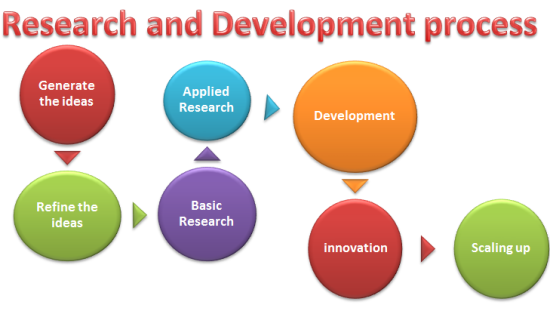Research is systematic way to find out facts and knowledge. There are two types of research, one is by method and other is by purpose. The types of research by purpose fall into three categories such as Basic, Applied and Action Research.
Research is the pursuit of truth with the help of study, observation, comparison and experiment; the search for knowledge through objective and systematic method of finding solutions to a problem.
Kothari, 2006
1. Basic Research
Basic research is mainly concerned with generalizations and the formulation of theory. It is driven by curiosity or interest in a subject. The main motivation is to expand man’s knowledge, not to create or invent something. Many scientists believe that basic research lays the foundation for the applied research that follows.
Strengths of Basic Research
Therefore it has some merits and according to R. Stephen Berry (2011) basic research has following merits:
- Basic research is typically curiosity-driven and researchers develop their curiosity through their observations.
- Basic research frequently leads to new insights into the essence of nature, the human mind, and the complex interactions between their elements.
- It is usually unpredictable in terms of its course and outcomes.
- It requires a special way of thinking that often combines seemingly unrelated facts and explores unknown fields necessary to make new discoveries. It is for this reason that basic research is frequently multidisciplinary in nature.
- It is the verifiable which makes scientific knowledge a firmer kind of knowledge that anything else we have. This information includes not only data in databases, but also the information found in journals and textbooks, the interpretation of data, and the concepts that underlie these.
Limitations of Basic Research
It is limited in nature as it never helps to make discoveries, create or invent anything. But it just expands one’s knowledge as it is a theoretical but not practical research.
2. Applied Research
Another types of research by purpose is applied research or field research. It involves practical problems of the society. It can be argued that the goal of applied research is to improve the human condition. An example of applied research could be a study to find out how the school feeding program has affected school enrollment rates in drought-prone districts.
Applied research is increasingly gaining favor as it helps to address the problems facing the world today such as overpopulation, pollution, depletion of natural resources, drought, floods, declining moral standards and disease. As Anderson, G. J. (1998) also felt that researchers in this field try to find solutions to existing educational problems. The approach is much more utilitarian as it strives to find information that will directly influence practice.
Strengths of Applied Research
It is designed to solve practical problems of the modern world, rather than to acquire knowledge for knowledge’s sake and it is used to find solutions to everyday problems, cure illness, and develop innovative technologies.
3. Action Research
Action research is an important types of research by purpose. It is a unique form of applied research and a reflective process of progressive problem solving. It is also called “practitioner research” because of the involvement of the actual practitioner in real life. Action implies that the practitioner is involved in the collection of data, analysis, and the interpretation of results. He or she is also involved in implementing results of the research and is thus well placed to judge the effectiveness of the interventions.
It is done simply by action, hence the name. It can also be undertaken by larger organizations or institutions, assisted or guided by professional researchers, with the aim of improving their strategies, practices, and knowledge of the environments within which they practice.
As (Reason & Bradbury, 2002) assessed that action research is an interactive inquiry process that balances problem solving actions implemented in a collaborative context with data-driven collaborative analysis or research to understand underlying causes enabling future predictions about personal and organizational change.
Strengths of Action Research
- It is a practical way for individuals to explore the nature of their practice and to improve it.
- Action research encourages practitioners to become knowledge-makers, rather than merely knowledge-users.
- Action research proceeds through a process of planning, action and reflection upon action. This can be thought of as an action-reflection ‘cycle’.
Limitations of Action Research
- Action researcher works in the hurly burly of her/his own practice. Monitoring closely, this practice as they act within it, demands space and time which, almost by definition, the practice does not give easily. It is therefore difficult to maintain rigor in data gathering and critique.
- The process can be messy; as research proceeds, wider links are likely to be identified.
- The result can’t be generalize usually as C.F. Hamilton (1981) also noted that this is true, but someone else’s ideas or conclusions can always be tried out by other persons in their own practice, to see if they work for them or not.
OTHER RELATED POSTS




It is nice for me and I am more interested in your intellectual data !!
Very useful and simple information
Excellent! I have been searching for this information for quite some times. About three hours of online searching, at last I found it in your blog. Well, i definitely enjoyed reading it.
Hello I really appreciate the explanation so excellence
I had understood what the three types of research and their limitations.